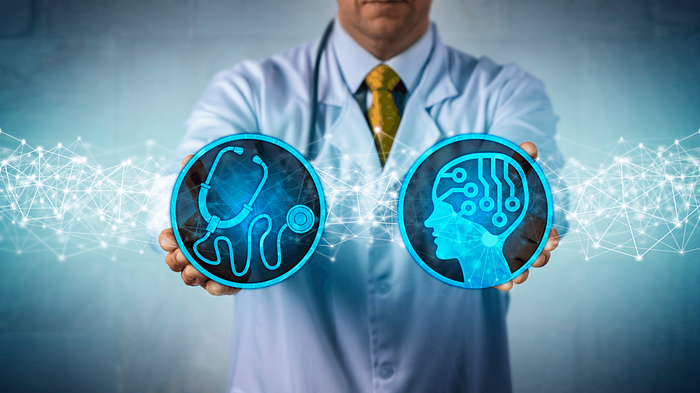Revolutionizing Healthcare: The Role of AI
Artificial Intelligence (AI) is rapidly transforming the healthcare industry, making medical services more accurate, efficient, and accessible. From diagnosing diseases to managing patient data, AI is playing a crucial role in improving patient outcomes and supporting medical professionals.
One of the most significant uses of AI in healthcare is in medical imaging. AI-powered tools can analyze X-rays, MRIs, and CT scans faster and often more accurately than human radiologists, helping detect conditions like cancer or brain injuries early.
Also Read on this blog- Trends in healthcare, retail, finance, manufacturing, marketing industry on AI usage
AI also enhances predictive analytics, allowing healthcare providers to foresee potential health risks based on patient history and lifestyle data. This helps in preventing diseases rather than just treating them.

In addition, AI-driven chatbots and virtual assistants are being used to handle basic inquiries, schedule appointments, and remind patients about medication, improving both patient experience and healthcare workflow.
Moreover, AI supports drug discovery by analyzing massive datasets to identify potential treatments faster than traditional methods, accelerating the process of bringing new medicines to market.
While AI cannot replace human care, its integration into healthcare systems brings great potential for saving lives, reducing costs, and making healthcare more efficient and personalized.
Comments
Post a Comment